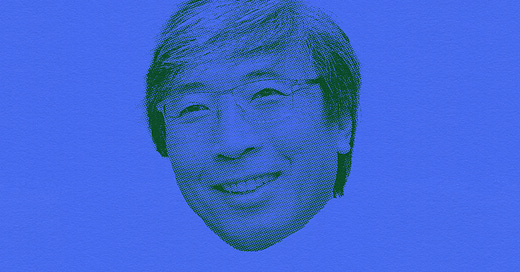Playing It Safe Is Risking Democracy: Media’s Silent Endorsement of Authoritarianism
As the 2024 election looms, media self-censorship in response to Trump’s potential return threatens the democratic role of journalism.
I woke up this morning thinking about authoritarianism.
In his 2017 book On Tyranny, historian Timothy Snyder introduced the concept of "anticipatory obedience," warning that "most of the power of authoritarianism is freely given." He argued that in uncertain times, individuals and institutions might preemptively adjust their actions to align with what t…
Keep reading with a 7-day free trial
Subscribe to The Present Age to keep reading this post and get 7 days of free access to the full post archives.




